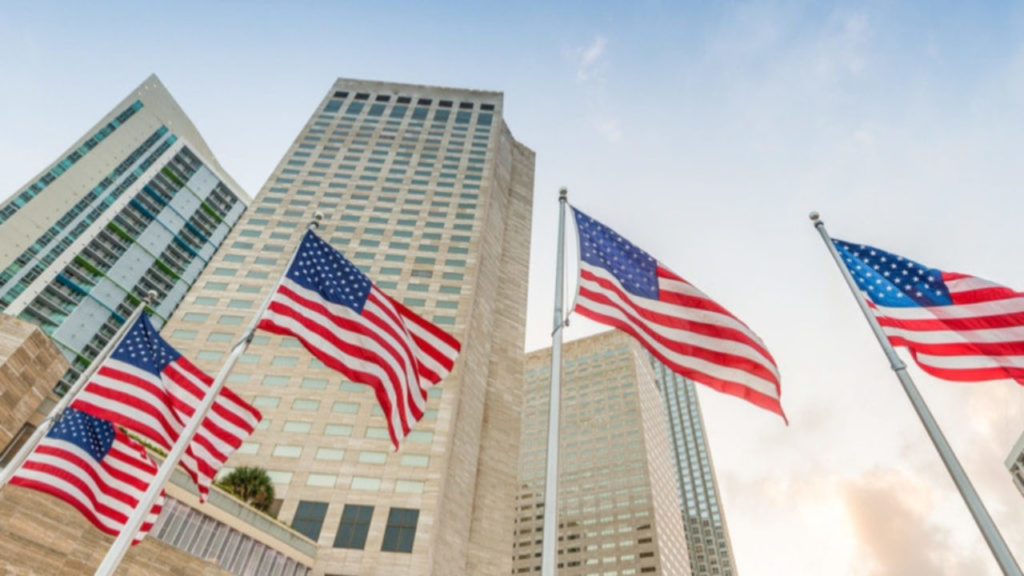Minimum Wage Rule For H1B Employees, Immigrants Can Be Delayed By 18 Months

The Biden Administration has proposed delaying the implementation of the previous Trump regime’s controversial rule to raise the mandatory minimum pay for foreign workers on the H-1B visa for an additional 18 months.
According to an official release issued after the announcement on Monday, the proposed delay would give the Department of Labour enough time to fully consider the rule’s legal and policy concerns, issue an upcoming Request for Information, and collect public comments on the sources and methods for deciding prevailing wage levels.
This proposed rule follows an initial 60-day delay announced earlier this month.
According to the media release, the department took the action based on a White House memo dated January 20, 2021.
The Final Rule Affects Employers Seeking To Employ Foreign Workers
The H-1B visa is mostly for Indian IT professionals. Thousands of employees each year from countries such as India and China are hired by technical companies. The H-1B visa programme provides employers with a path to hire high-skilled workers only if they are unable to find eligible American workers. Due to abuses, the H-1B visa programme has become a cheap foreign labour pipeline that major companies are abusing to increase profits at the expense of American workers.
The final rule, which took effect in January 2021, includes employers looking to hire foreign workers on a permanent or temporary basis through certain immigrant visas or non-immigrant visas such as H-1B, H-1B1, and E-3, according to the Department of Labour. The E3 visa is only available to Australian citizens, while the H-1B1 visa is only available to Singaporeans and Chileans.
The rule is a carryover from the Trump administration, which proposed changes to mandatory wages after losing a court battle to organisations including the Bay Area Council over an initial version.
If enacted, H-1B workers at the lowest wage level would be required to earn at least the 35th percentile of the prevailing wage for their job type and location, up from the 45th percentile in the original version. In contrast to the 95th percentile, workers at the highest wage level will have to earn the 90th percentile.
Delaying Effective Date And Implementation Periods
The Department proposed to delay the effective date of the final rule until May 14, 2021, following the Presidential directive as expressed in the memorandum of January 20, 2021, from the Assistant to the President and Chief of Staff, entitled “Regulatory Freeze Pending Review.” As stated in the proposal, the 60-day delay would allow agency officials the opportunity to review any questions of fact, law, or policy.
The Department received 57 comments from the stakeholder community. It has reviewed the comments received in response to the proposal and will delay the effective date of the final rule for 60 days, said the notification.
According to Mercury News, major Silicon Valley technology companies, which employ H-1B workers directly and via staffing firms, rely heavily on the visa and push to increase the annual 85,000 caps on new visas, claiming that they need more of them to secure the world’s top talent.
“Critics point to abuses and allege that the visa is used by outsourcers and staffing companies, as well as by tech giants, to replace US workers with cheaper foreign labour, drive down wages and facilitate outsourcing,” it said.
According to the Department of Labour, delaying the effective date of the proposed rule would result in a reduction in transfer payments from employers to H-1B workers in the form of higher wages.
Furthermore, the proposed rule would postpone the possibility of deadweight losses if it allows employers to pay a wage higher than what H-1B workers are willing to accept, resulting in H-1B caps not being met, according to the proposal.
“While the Department expects that the increase in wages may incentivise some employers to substitute domestic workers for H-1B employees, provided that domestic workers are available for the jobs, it is likely that the same number of H-1B visas will be allotted within the annual caps in the future,” it said.
Thus the proposed delay would also provide enough time for agency officials to calculate and verify prevailing wage data for particular occupations and geographic areas, complete system changes, and conduct public outreach.

Comments are closed, but trackbacks and pingbacks are open.